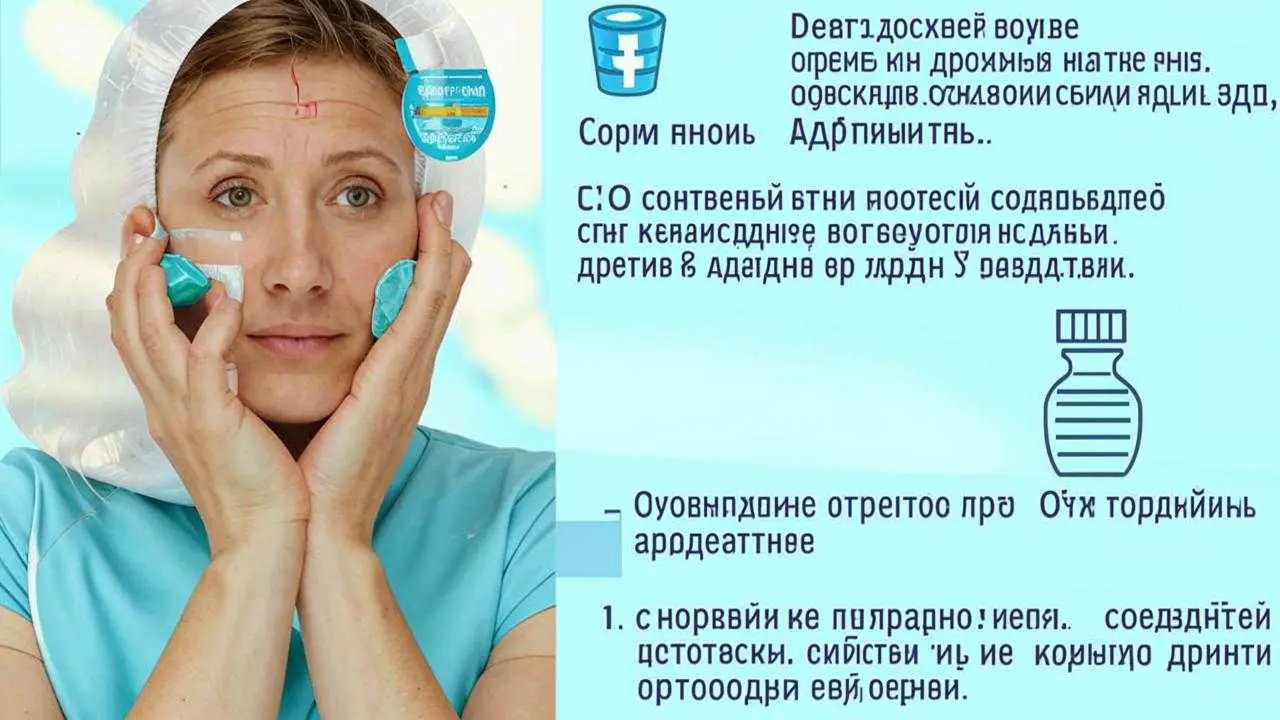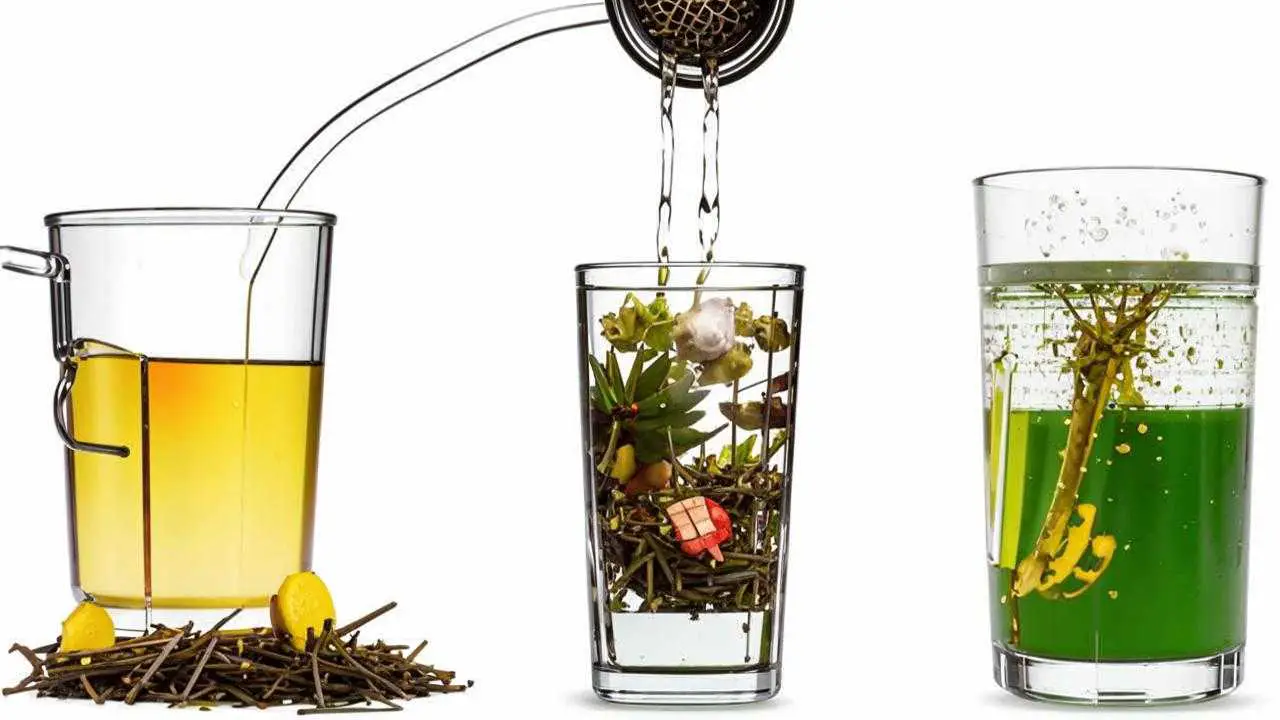An implant is a metal screw that is screwed into the bone to replace a lost tooth. In order for it to be able to perform all the functions of the natural root, the implant must take root and grow bone tissue. This ensures its stability in the gum. The period of engraftment varies from patient to patient and takes 3-5 months on average. To ensure that the post is fixed in the gum and does not wobble under load, dentists ask to follow a number of recommendations. This minimizes the risks of complications and rejection, accelerates healing and improves quality of life.
Implantation is a surgical intervention. After any surgery, you need time to recover. Especially important are the first days after dental implants, when the mucosa is vulnerable to infection and the implant has not yet stabilized sufficiently.
What you can and should do in the first few days after implant surgery
Immediately after surgery, most patients feel some weakness. This is a consequence of the doctor’s manipulations and the strong psychological tension. The jaw may feel numb because of the anesthesia. These symptoms pass quickly, the same day. At most, in 3-4 days, and their intensity is decreasing all the time.
The main recommendation during these days is to stay within the doctor’s reach. This will help to get counseling if something goes wrong. In large clinics, such as the ROOTT MDC, there is a permanent patient support organized. You can contact them at any time and from any city with a question or problem. You will certainly be given advice on care after tooth implantation, even if you are far from Moscow.
Medications and related procedures
Most likely, the doctor will prescribe you painkillers. It is important not to get carried away and not to use the medicine more often than once every 4 hours. Although, in most cases, a tablet at night is enough. You should not drink painkillers in advance, before the anesthesia has worn off. The pain syndrome may manifest itself very weakly, pills will not be needed.
- Cold compresses will help to relieve swelling. A frozen bag of vegetables, or pieces of ice in a bag should be wrapped in several layers of cloth for greater comfort and not to frostbite the skin. For 1-2 hours, it is necessary to alternate the compress (5-10 minutes) and rest (20 minutes). Then compresses can be made occasionally.
- It is obligatory to take all prescribed medications. Antibiotics are designed to prevent the development of infections, antihistamines reduce swelling. Vitamin complexes supply the body with building blocks for rapid recovery, and antibacterial solutions destroy pathogenic microflora in the oral cavity.
In the first few days, rinsing the mouth is not allowed. The disinfectant solution is simply held in the mouth for a few seconds
Physical activity
In the first 3-4 days, it is better to abandon physical activity altogether. They should be introduced gradually, observing the reaction of the body. During the next month, it is worth limiting exercises that include:
- lifting heavy weights;
- contact techniques;
- increased loads.
The body spends energy on postoperative recovery, dosed loads will help to avoid stress, both physical and psychological.
Nutrition
When can you eat after implantation? The shortest period of fasting is until the anesthesia wears off. The general recommendation is to wait 3-4 hours. Specific advice on nutrition during the rehabilitation phase after implantation may vary slightly depending on the protocol (minimally invasive or classic, with immediate loading or not). However, the general principles are the same:
- favor warm foods, food should not be too hot or cold;
- avoid solid foods for the first few days;
- refuse spicy, pickled, salty;
- make sure that your diet is of good quality and healthy;
- drink plenty of water(1.5-2 liters).
Approximate diet
Calcium is the building material for bones. Therefore, if you consume dairy products, emphasize them.
- Curd, yogurt, kefir, ryazhenka and milk will help to diversify the diet and avoid excessive load on the implant.
- A diet of baby food is excellent. It is subject to strict requirements for safety and nutrition, so vegetable, fruit and meat (necessarily!) purees will provide your diet with the necessary useful substances.
- Meat broths contain a lot of useful substances, including collagen – an important building material for tissues. In the first week, it is better to give preference to pureed soups.
- Puree can be not only soups, but also vegetables and fruits.
- Porridge, on milk, on water, on broth.
After how long you can eat solid food depends on the method of implantation.
What is the best thing to drink after dental implants
Water is the best choice. It not only replenishes fluid, but also removes residual elements of drugs from the body.
Herbal tea is also good. It will provide fluids and calm the nerves. Just make sure it’s not hot.
Fresh juices and smoothies will give a charge of vigor and a complex of microelements. Cold should be avoided here, so it’s better to let the ingredients sit at room temperature, rather than using them straight from the fridge.
Hygiene
If you have stitches, try not to touch them with your tongue and certainly not with your hands. Rinsing with antiseptics should be replaced by mouth baths. Just hold the solution in the mouth, without making vigorous movements.
- Brush your teeth with a soft toothbrush, carefully and thoroughly. Plaque from bacteria is a direct path to infection.
- Pastes are better to use anti-inflammatory, with herbal complexes.
- A week after surgery to hygienic procedures include treatment with an irrigator. Water washes out small particles stuck between the teeth and massages the gums, contributing to their healing after implantation.
Be sure to use a new toothbrush after surgery
After the recovery period, it is recommended to care for your teeth in the same way as natural teeth. Brush twice a day, use an irrigator, have professional dental hygiene and visit the dentist twice a year.
Lifestyle
Our life consists of more than just diet and exercise. There are tons of things to do planned for each day. Not everyone has the opportunity to go on vacation or take a sick day. What you should definitely not do is go to work immediately after implant placement. Give your body time to recover, take time out, at least for a few hours.
- Avoid extreme temperatures. Cancel the bath, sauna or jumping into the ice-hole. The swimming pool is also better to postpone for a month.
- In the first week you should not fly on an airplane. If you had a sinus elevator, it is better to postpone flying for a month.
- During recovery after upper teeth implantation, you should be careful when coughing and sneezing. Try not to puff up your cheeks and open your mouth only slightly. Blowing your nose is not recommended at all, but if you must, it should be done without effort or strain.
- This is a good time to stop smoking. Smoking on the first day can not be categorically, and then, just can not. If you can’t tolerate it, after each cigarette you should rinse your mouth with an antibacterial agent like Miramistin. Smoking slows down rehabilitation after implant placement. Smokers also have a lower success rate than non-smokers.
What you should not do after dental implants
We have already talked about some of the prohibitions above. What else is best not to do?
- Brush your teeth with an electric toothbrush until they are fully osseointegrated. Vibrations and pressure can loosen the post. This also applies to brushing too vigorously with a regular toothbrush. Implants like to be gently and carefully brushed.
- Floss until the gums are fully healed. An irrigator takes over the flossing function during rehabilitation.
- Eat nuts, seeds, breadcrumbs, and chew candies
Rebuilding your dentition is too big an investment to negate the effort because you want some breadcrumbs.
It is strictly forbidden to consume alcohol after implantation. The syrupy oil and impurities that are in alcoholic beverages irritate the gums and provoke hematomas, inflammatory processes. Alcohol nullifies the effect of antibiotics. In addition, in the state of alcohol intoxication is difficult to follow the recommendations, it is easy to miss a doctor’s appointment or hygienic procedures. All this affects the implant engraftment.
Recommendations after implantation include a ban on coffee and strong tea. They raise blood pressure, which can lead to bleeding.
When to be concerned
A slight swelling, pain for 2-3 days after surgery is considered a normal reaction of the body to medical intervention. The wound may bleed slightly for a few hours. The general condition after implantation is also important. If you feel fine, swelling on day 4-5 may simply be an individual characteristic.
However, you should see your doctor if:
- the pain does not go away on the 4th day after surgery, or even gets worse, throbbing;
- numbness spreads over a large area, does not subside;
- swelling appears after everything has returned to normal;
- fever doesn’t go down or up;
- the blood does not stop for more than 3 hours;
- you feel a sharp pain when you press on the gum;
- the denture is loose;
- it hurts to chew even soft food a few days after the procedure;
- unpleasant sensations after implantation do not go away for more than 7 days.
How to speed up rehabilitation
First of all, follow the instructions on what to do after implantation. Dentists are interested in the implant taking root, they set rules for a reason, to make the treatment successful.
Recovery depends on the method, too. Two-stage protocols take longer. Essentially, the rehabilitation period has to be done twice.
Immediate loading protocols shorten the recovery time. Plus, you can use the prosthesis immediately, with virtually no dietary restrictions other than the most basic ones. One surgery, one recovery period and the prosthesis can be received the same day. Although it is better on the third day, so that the gum heals.
Rehabilitation after implantation will go faster if you follow the recommendations, eat rationally and lead a healthy lifestyle with dosed physical activity.


